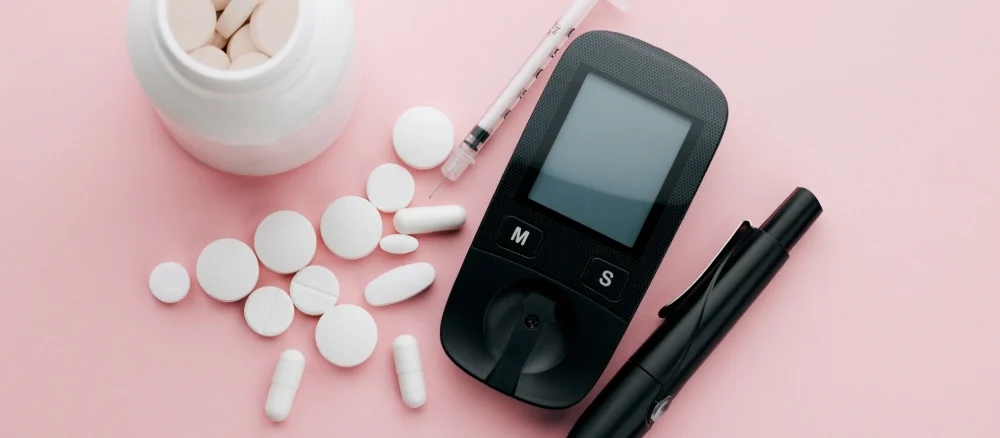- September 12, 2024
- Diabetes Kenya
- Comment: 0
- Type 1 Diabetes
Type 1 Diabetes Medicine
Managing type 1 diabetes requires lifelong treatment, and currently, there is no cure. However, advancements in medication and technology help people with type 1 diabetes lead healthy lives. The main treatment for type 1 diabetes is insulin, which helps manage blood sugar levels.
Can Type 1 Diabetes Be Cured with Medication?
There is no cure for type 1 diabetes yet, but researchers around the world, including in Kenya, are working hard to find one. For now, the condition is managed with insulin, which is the primary medication used to control blood sugar levels.
What is the First Treatment for Type 1 Diabetes?
The first and most important treatment for type 1 diabetes is insulin. Insulin is a liquid that is either injected through insulin injections or delivered by a small insulin pump attached to the body. For people with type 1 diabetes, the pancreas does not produce insulin, so taking insulin is essential for survival. Without it, blood sugar levels would continue to rise, leading to a dangerous condition called diabetic ketoacidosis (DKA).
What is the Medicine for Type 1 Diabetes?
Insulin is the main medicine for type 1 diabetes. It cannot be taken as a pill and must be injected or delivered through an insulin pump. These tools help regulate blood sugar levels and prevent complications. In Kenya, insulin is available through both public and private healthcare facilities, although access can vary in rural areas.
Is There a Pill for Type 1 Diabetes?
There is currently no pill that can replace insulin for people with type 1 diabetes. However, some individuals may take a medication called Metformin in addition to insulin. Metformin is typically used for people with type 2 diabetes, but it can help some people with type 1 diabetes manage insulin resistance, where the body’s cells do not respond effectively to insulin.
Other Ways to Manage Blood Sugar Levels
In addition to insulin therapy, there are other methods to help manage blood sugar levels, such as:

Injecting insulin
using pens or syringes

Insulin pumps
Monitoring blood sugar levels with continuous glucose monitors (CGMs) or finger-prick tests

continuous glucose monitors (CGMs)
Monitoring blood sugar levels with continuous glucose monitors (CGMs) or finger-prick tests
These tools and technologies are becoming more accessible in Kenya, especially in urban areas.
Research and New Treatments
Research into new treatments for type 1 diabetes is ongoing worldwide, including in Kenya. Advances in immunotherapy are being explored, which may one day help delay or prevent the onset of type 1 diabetes.

